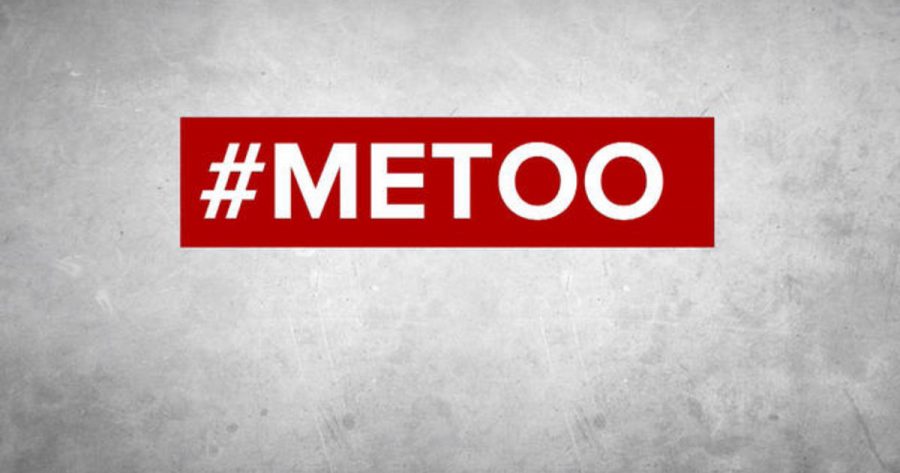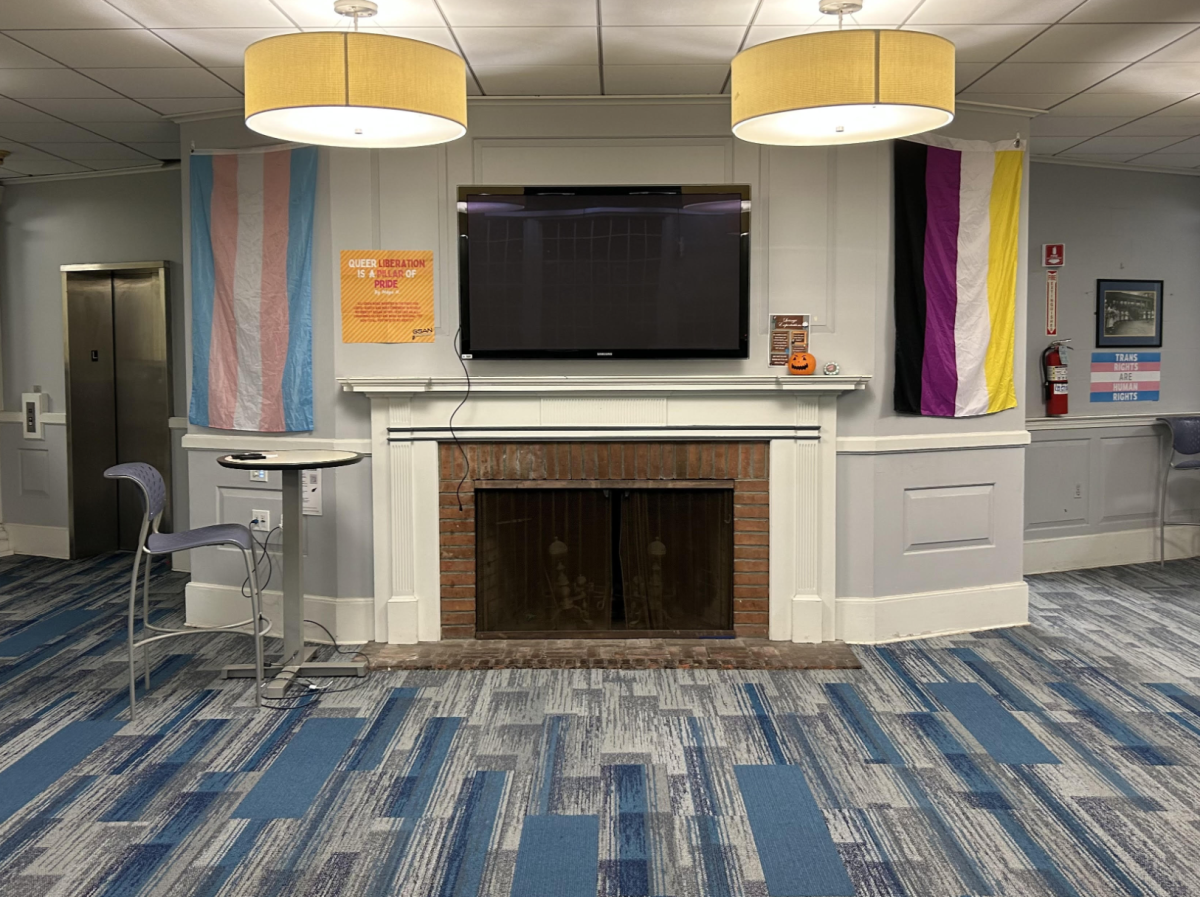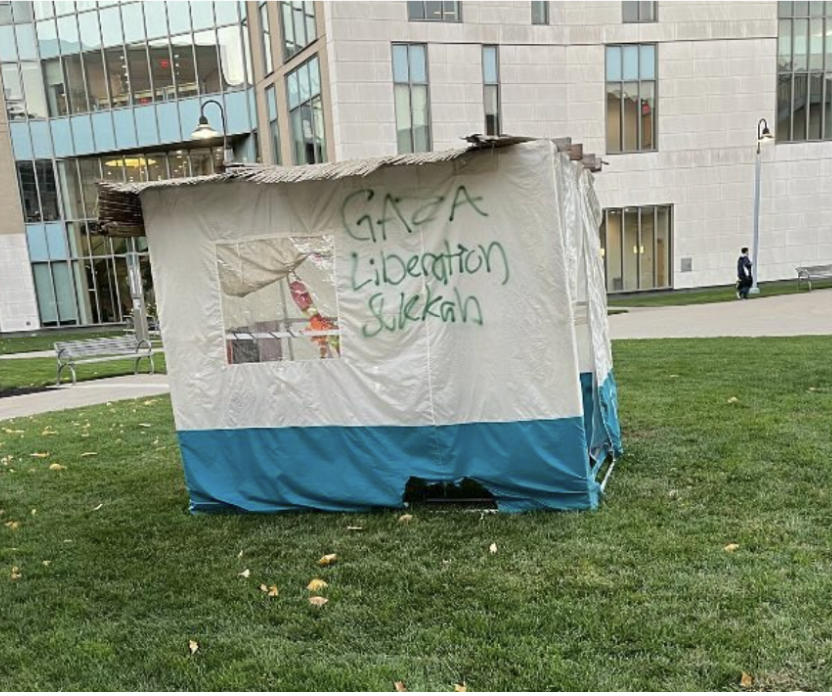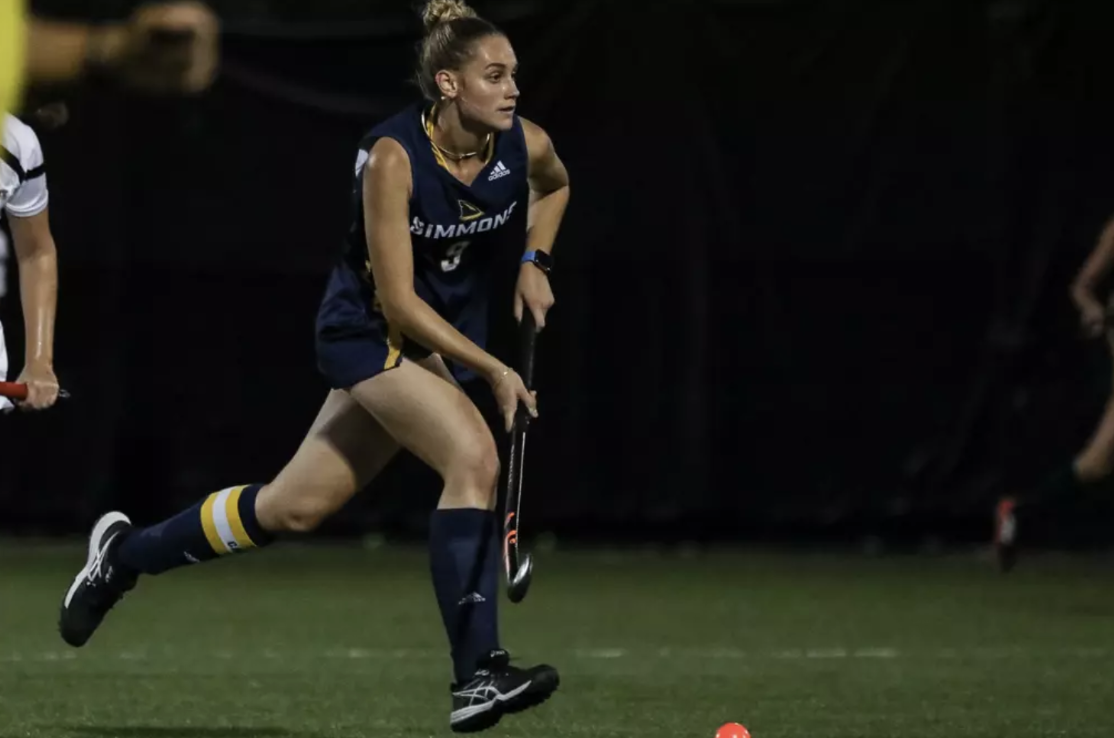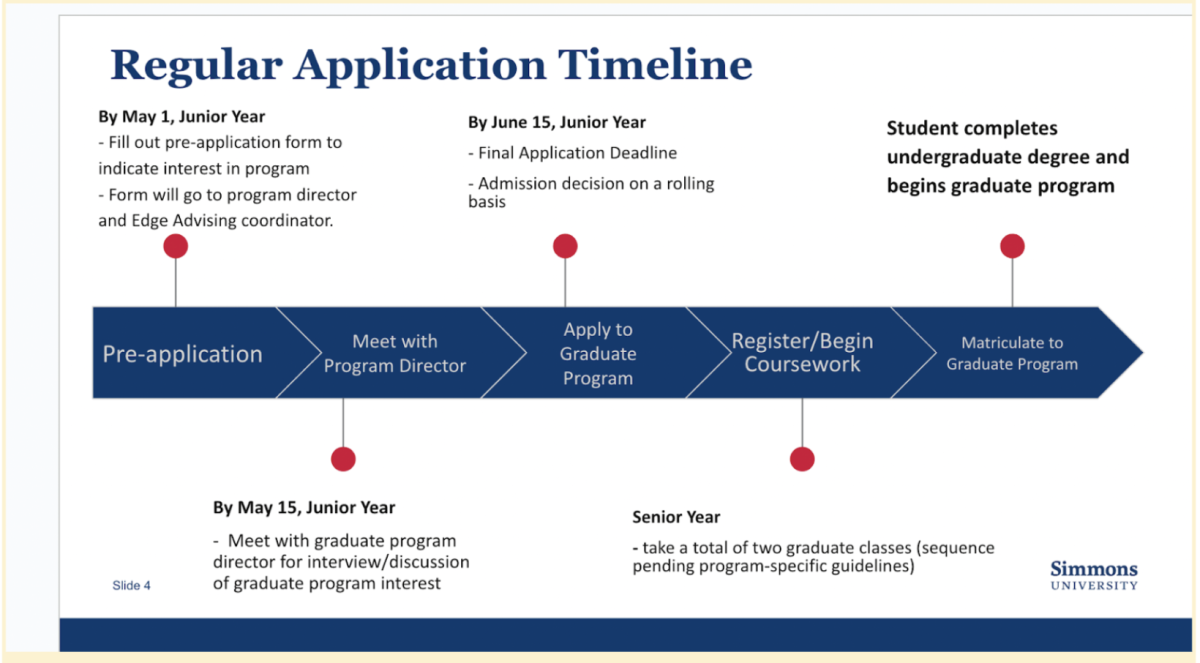By Ellen Garnett
Staff Writer
Nearly 100 people attended Simmons College’s 10th annual Colors of Success, a multicultural program and dinner hosted by the Office of Diversity and Inclusion and the Like Minds Coalition last Thursday night in the Linda K. Paresky Center. The event, with the largest turn out in recent years, brought new and returning students and faculty together to celebrate and examine diversity at the college.
“Celebrate yourself unapologetically,” said Lisa Smith-McQueenie, assistant vice president for diversity and inclusion at Simmons in her opening speech. “Live life passionately, go for what you want…Remember, success is connected to action.”
President Helen Drinan also welcomed attendees and reassured them that the Simmons administration is actively working on developing diversity and inclusion training for students, staff, and faculty. This training is part of the administration’s response to the Ten Demands regarding racial inequities on campus that were presented last year by supporters and spokespersons from the Black Student Organization, the Organización Latino Americana, and the Asian Student Association.
“It’s all of our work,” said President Drinan, who vowed that the Ten Demands will be addressed, “to make Simmons a better community for all.”
Colors of Success featured a panel with students of color, and the main takeaways focused on the definition of diversity and how members of the Simmons community can take action to be effective allies for one another.

“Diversity is about various identities, it’s not just about black and white people,” said panelist Taylor Lewis, a senior and president of the Student Government Association.
At Simmons, student panelists noted that there is an array of identities and it can be difficult for those with mixed self-concepts to reconcile them.
“Validate your identity for yourself,” said Celina Fernando, a sophomore from Colombo, Sri Lanka, who acknowledged her own struggle to fully embrace her blend of identities, especially at a predominantly white college.
Other students echoed Fernando’s sentiment, and called upon attendees to learn about intersectionality and educate themselves to be efficient allies. Junior Sarah Ijaz related the discussion to inquiries she has received about her hijab. Strangers have approached her in the past to ask her what it means instead of taking the initiative to read up on it and bring something new to the conversation.
“You should be the one educating yourself,” said Ijaz, and other panelists agreed that it is not the responsibility of students of color to teach others about their cultures.
Being an ally does not just mean speaking up on issues regarding race and ethnicity, but also speaking up for groups whose voices are historically muted, such as the LGBTQIA community, according to the panelists.
Colors of Success serves as a space to build relationships within Simmons. The Like Minds Coalition continues these important conversations as a “student group committed to promoting a culture of inclusion that values and respects the diverse array of people, cultures, and human experiences,” according to their mission statement. To become more involved in exploring these topics, attend Like Minds’ weekly meeting on Mondays at 7 p.m. in Quadside.










